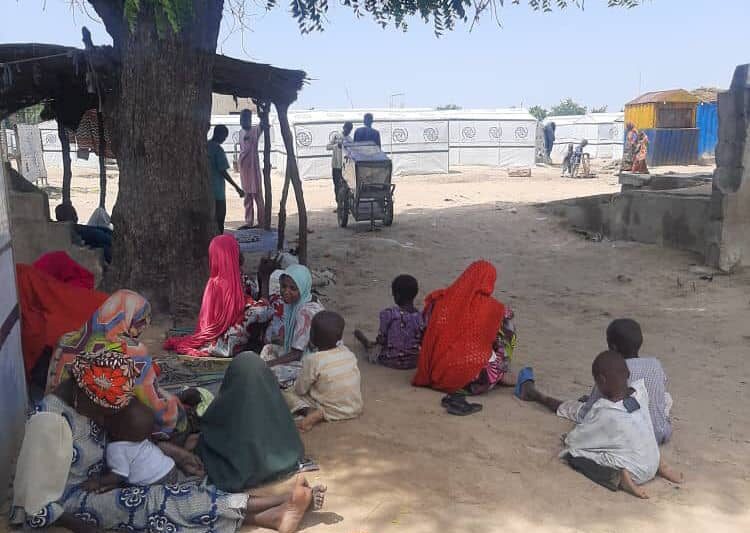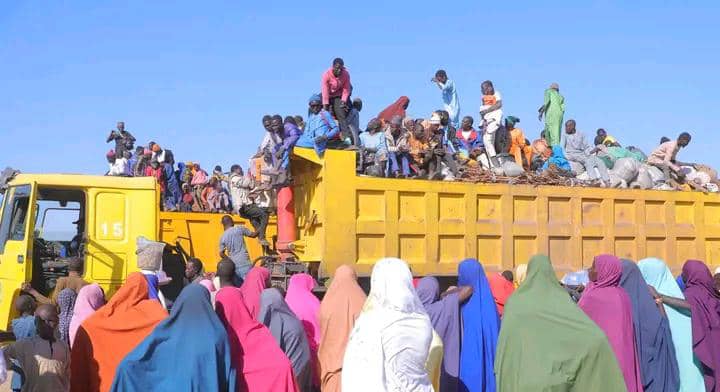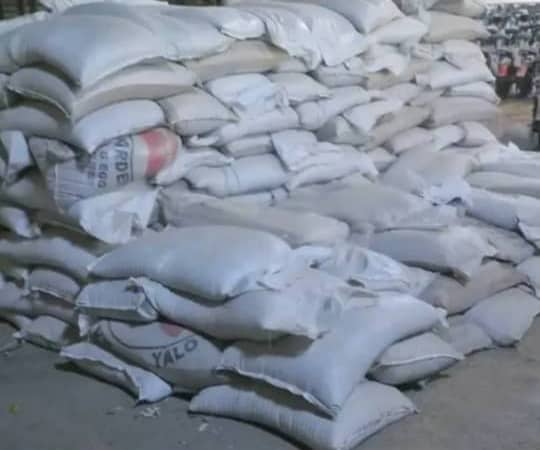Tens of thousands of Cameroonians have fled to Chad to escape deadly clashes between herding and fishing communities in the north of the country.
Reports said at least 20 people were killed and more than 50 injured and wounded in the fighting that began on Tuesday last week.
The fighting started in Cameroon when Mousgoum fishermen dug holes in the ground to divert water to help them to catch fish in an area where ethnic Arab Choa herders also took their cattle for watering, according to regional governor Midjiyawa Bakari, adding that a “trivial issue” had degenerated into a deadly battle in the Logone and Chari division of the region that bordered Chad and Nigeria.
Gayang Souare, the governor of Chari Baguirmi province in northwestern Chad, told Reuters that the refugees arrived with almost nothing. “They don’t have bedding, a change of clothes or food.”
“There are wounded among them who require immediate medical care and children who are without their parents,” said Souare.
He said officials in Oundouma were struggling to take care of the refugees because their services were “overwhelmed”.
Iris Blom, the United Nations refugee agency’s deputy director in Chad, confirmed this, saying there were pressing needs for health services, shelter and food.
She said 85 percent of the refugees who fled to Oundouma, south of the Chadian capital N’Djamena, were women, children and the elderly.
Souare said some of the refugees were placed with families, while others were lodged in schools and churches, AFP reported.
RFI said the volatile far north region of Cameroon was where the army had been battling against attacks by members of the Jamā’at Ahl as-Sunnah lid-Da’way Wa’l-Jihād (JAS), more commonly referred to as Boko Haram, and fighters linked to the Islamic State in West Africa Province (ISWAP) armed group.
Local officials told Reuters that the violence had been heightened because residents had bought weapons to defend themselves against the extremist groups, meaning more people in the area owned firearms.
Souare told RNI: “We have brought in all the traditional chiefs, religious leaders, rulers of the Mousgoum and the Arab Choa to advocate conciliation so that they can live together peacefully. They have signed an appeasement agreement and made a commitment before God and the nation to spread awareness among their people so that such terrible violence does not happen again.”
A resident of the town of Kousseri, who asked to remain anonymous, told RNI : “I do not believe that the authorities realised at first how serious the matter was. I do not think they reacted promptly enough and only did so when the already volatile situation worsened. If their reactions had been more prompt, they might have averted the problem and there would not have been so many victims.”
He believed the two ethnic groups would observe the calm but said the crisis was deep. In the Lake Chad basin the problem of access to natural resources, such as land, rivers, pastures, mining and fishing areas, often led to tension between communities.
“The authorities have to put in place conflict resolution mechanisms to stop this violence,” he said.








